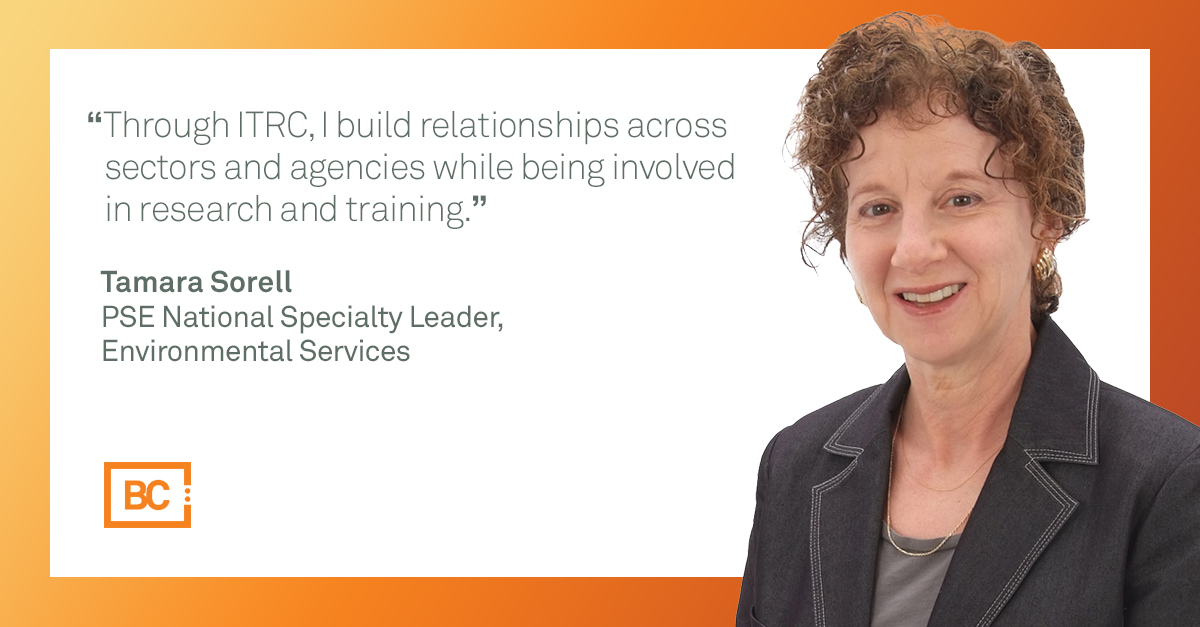
On June 15, the EPA announced four new health advisory levels for PFAS (per- and polyfluoroalkyl substances) compounds in drinking water. These advisory levels reflect human health risk from these chemicals at low levels of detection. (Read our latest Compliance Watch for more insight.)
In parallel, the EPA also announced $1 billion to help impacted organizations begin to address PFAS and other emerging contaminants in drinking water. This is the first funding opportunity from the $5 billion allocated for the emerging contaminants in small or disadvantaged community grants as part of the Bipartisan Infrastructure Law.
These actions fall under the EPA’s PFAS Strategic Roadmap and build upon the agency’s progress to safeguard communities from PFAS pollution. PFAS in drinking water will continue to be a topic of regulatory interest moving forward this year with an anticipated EPA proposal of National Primary Drinking Water Regulation for PFOA and PFOS next fall.
This month, we highlight the following in our Compliance News:
Ask an Expert: Interstate Technology and Regulatory Council
We sat down with BC expert Dr. Tamara Sorell to learn more about her involvement in ITRC and its benefits. Read “Ask an Expert”
EPA issues first PFAS test orders
Four companies were the first to receive Toxic Substances Control Act test orders from the EPA to conduct and submit testing on PFAS.
SEC proposes rules to tighten ESG investment claims
The Securities and Exchange Commission announced proposed rule changes intended to battle “greenwashing” (environmental, social, and governance) claims by investment groups.
PVC under scrutiny as hazardous waste
As a result of a legal agreement reached with the Center for Biological Diversity (CBD), the EPA has nine months to analyze the toxic impact of polyvinyl chloride (PVC).


 1,200 members from the public and private sector, including regulatory bodies, tribes, academia, and branches of the Department of Defense. ITRC members develop guidance and training for state regulators, foster integration of new technical developments within existing regulations, and form a network of technical experts. The training materials and documents that ITRC teams produce have become widely cited guidance for the whole environmental industry.
1,200 members from the public and private sector, including regulatory bodies, tribes, academia, and branches of the Department of Defense. ITRC members develop guidance and training for state regulators, foster integration of new technical developments within existing regulations, and form a network of technical experts. The training materials and documents that ITRC teams produce have become widely cited guidance for the whole environmental industry.